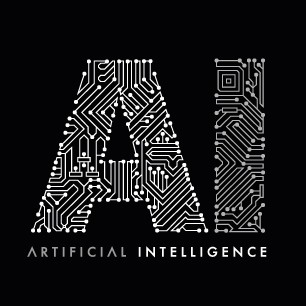When AI is trusted for medical decisions, there are both potential benefits and risks.
Benefits:
- AI can analyze large amounts of data quickly and accurately, which can lead to more accurate diagnoses and treatment plans.
- AI can help identify patterns and trends that may not be immediately apparent to human doctors, leading to better understanding of diseases and their treatments.
- AI can provide a second opinion or complementary analysis to human doctors, reducing the likelihood of errors or oversights.
Risks:
- AI may not always be able to fully understand the context or nuances of a patient’s situation, which can lead to incorrect diagnoses or treatment plans.
- AI may be biased if it is trained on data that is not diverse enough, leading to differential treatment for different populations.
- Patients may feel uncomfortable or uneasy about relying solely on a machine for medical decisions, and may prefer a human doctor to be involved in the decision-making process.
Overall, it is important to carefully evaluate the benefits and risks of using AI in medical decision-making, and to use it as a tool to support human doctors rather than as a replacement for them. It is also important to ensure that AI is developed and used ethically, with consideration for potential biases and the impact on patient trust and privacy.


Recent Comments